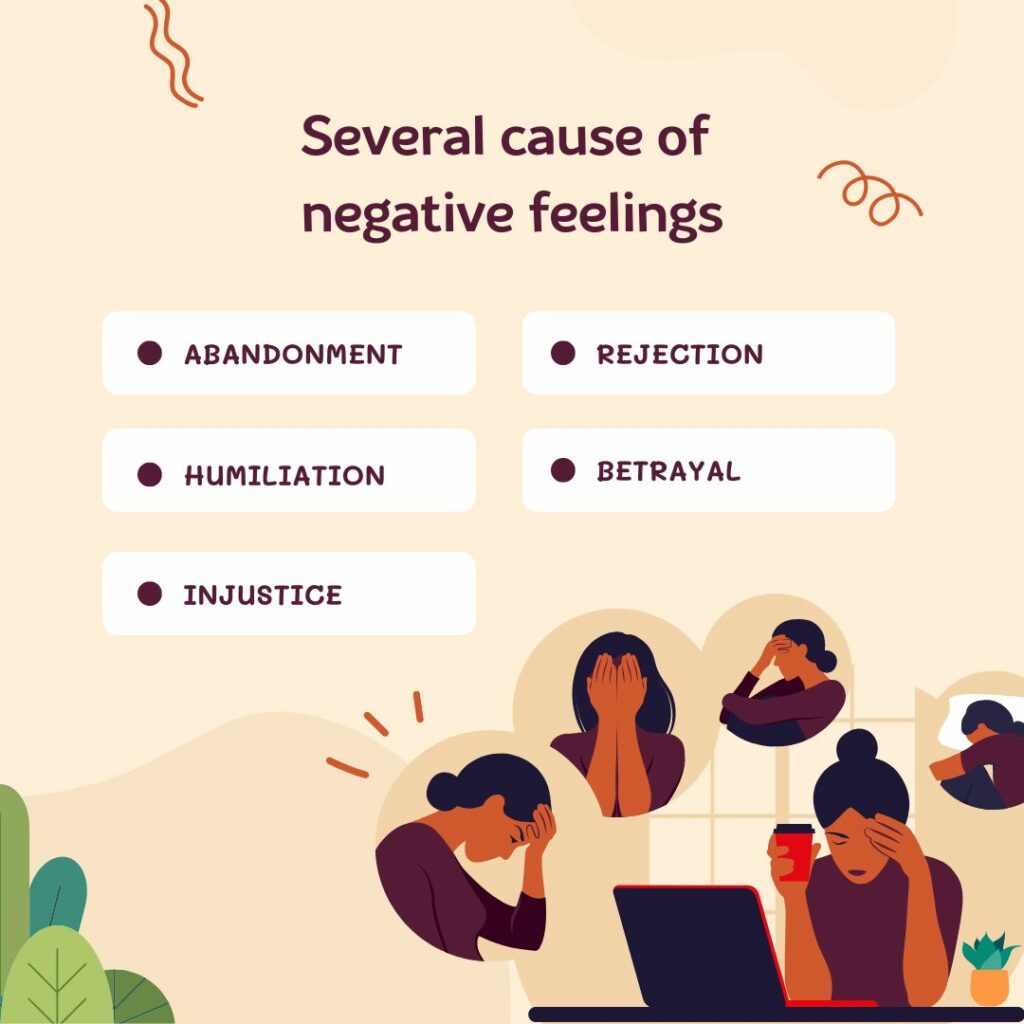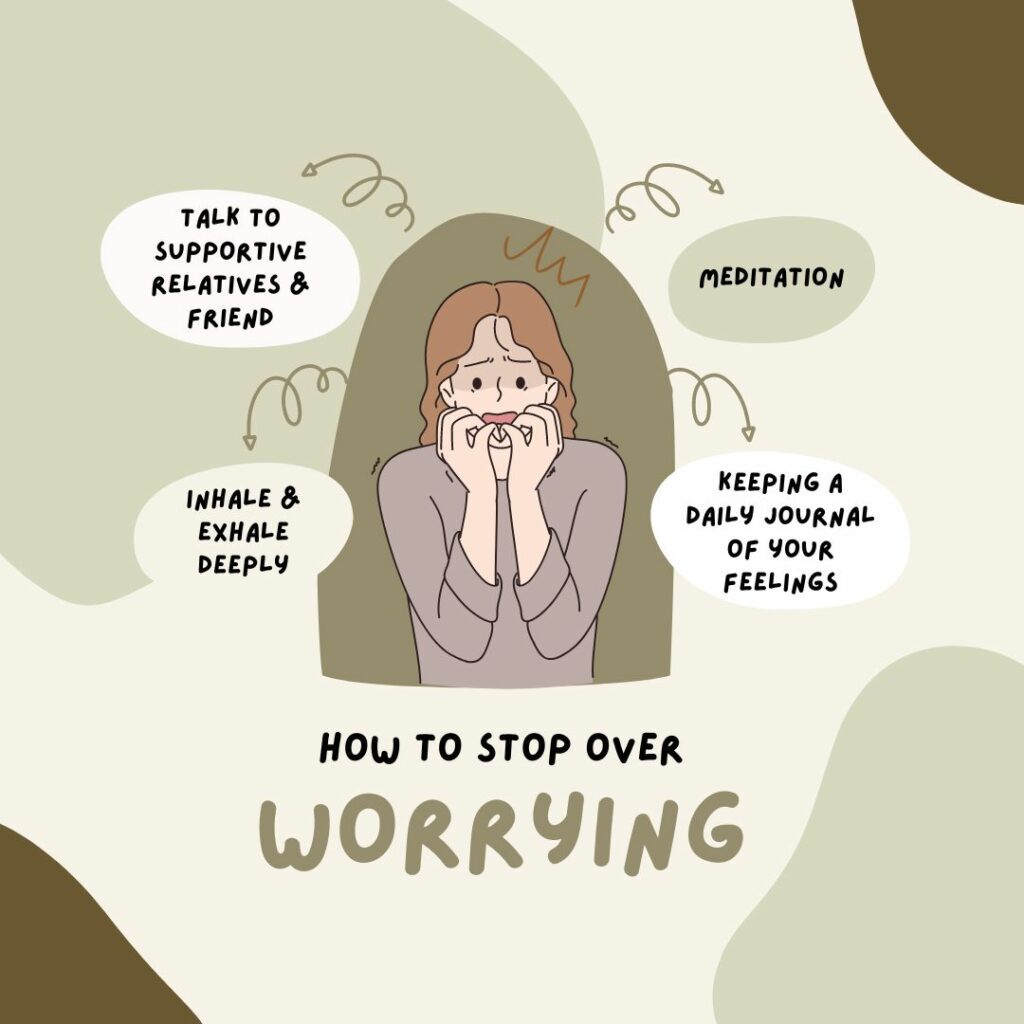Atlas of the Heart Book: 8 Lessons and Brief Summary
Let us do a little better with everyone in 2024. The best-selling book of 2022- Atlas of the Heart, inspires a lot.
Table of Contents
Mapping Meaningful Connection and the Language of Human
Atlas of the Heart is a New York Times Bestseller.
| Read: How To Attract Money By – Dr. Joseph Murphy
Brene Brown wrote the book. At first, it was published on November 30, 2021.
Little about the author
- Brene Brown is an American author, professor, lecturer, and podcast host.
- Her full name is Casandra Brene Brown.
- She is 57 years old and living in San Antonio.
- Brown has studied the topics of courage, empathy, shame, vulnerability, and leadership, which she has used to look at human connection and how it works.
- She has consumed her research career as a professor at her alma mater, the University of Houston’s Graduate College of Social Work.
Little behind the idea of writing this book
The author says if we want to find the way back to ourselves and one another, we need language and the grounded confidence to both tell our stories and be stewards of the stories that we hear.
It is the framework for meaningful connection.
What is the book Atlas of the Heart about?
This book is all about emotions.
| For better understanding, the author has covered 87 emotions and related experiences anyone can relate to and learn their importance. |
- Atlas of the Heart maps out a list of human emotions and their meaning. It reveals the psychology behind a human’s feelings, how they make up our lives and change our behaviors, and how to shape meaningful relations by learning how to deal with them.
Lessons and a summary of this book
In this book, Brene describes 87 human emotions that predominately affect your life.
She has given wonderful real-life experiences to connect with readers. Some of them are:
1. The map of courage – Vulnerability
It is the feeling of being exposed. Never forget that you can feel vulnerable when you are not sure when you are in danger and if you are facing emotional exposure.
But this is not your weakness. It is the significant map of your courage. Furthermore, this emotion can help you settle anger and disappointment and drop harmful thinking.
- Vulnerability also opens the door to compassion, an emotion that helps you create even stronger bonds.
2. Testing the basic value system- The belief system
When things were uncertain, remember which places did you go to?
If you find and feel stable and have hope, then recognize and save it with you.
- How strong you are and how energetic your belief system. It is analyzed when you are confused.
3. Avoid conflicts by avoiding contradictions
Be like others but slightly better than them. When you compare yourself with others, then you want to become better than others.
However, a contradiction may arise. You want to be better than others while not being with and understanding them.
- Instead, it is better to try becoming slightly better while being with everyone.

4. The need for true love
We need more love. But remember, we are not talking about love that is commercial or unicorn or love called a rainbow.
You need true love, which comes out of struggle and has the capacity and ability to judge. It means true love for humanity.
- The kind of love that is like an ocean. This way, you can learn to love everyone and help regardless of feelings.
5. What is true empathy?
Compassion is recognizing and accepting our shared humanity. When you face an arduous situation, only then a fair compassion for others can be retained.
At that time the feeling of compassion that cultivates is very true. It connects with others in a better way.
- This also permits us to assist those in need and spread affection. Extend the most substantial understanding possible to the intentions, words, and actions of others.
The lesson is that negative emotions deliver more negativity and spawn toxic traits.
- However, if we make space in our hearts for positive feelings, it will settle the damage that’s done, produce more positivity, and keep our souls at peace.
6. Meaningful relationships with others: Offers hope
It is necessary to establish meaningful relationships with yourselves and others.
This is possible in a preferred way in tough and opposite or challenging situations.
Bonding with others is significant.
Another person can make you see the situation differently, with other opinions and ways of looking at things in another way.
- When you permit and create bonds with someone else in your life, your heart opens up to the good, making it firmer for negative emotions to take command.
You learn to generate hope in tough times. Hope is born when your aim seems hard to reach. You may face many problems and be forced to change yourself.
We learn to hope in vigorous and adverse or challenging situations.
7. Comparison and Anger- the harmful emotion
Comparing yourself with others and not being able to manage your anger and disappointment is what’s aching you the most.
- Anger is the catalyst. If you hold it, then it will take away your energy.
- Anger is the expression of disappointment. If you want to be happy, keep your anger away.
Otherwise, one day, this will become the reason for your illness. It is the most common and hurtful emotion that we should learn to control.
Usually, we tend to blame others for it, but it is the result of the outcome of something we have done.
- It takes away our inner peace. We should learn how to transform it into love and joy, and once we succeed in it, then this instinctive love is capable of being transformed into compassion or fairness.
Last but not least is comparison. When you compare yourself with others, you’re aching yourself the most. Why?
Because you’re setting the highest and most impractical hope to become someone else.
- Instead, you should always look at the growth and see how far you’ve come and how you can better yourself.

8. Properly discerning emotions can help us distinguish the good from the bad.
Knowing your emotions and actively recognizing them can help you sort them out. If something is good for you and contributes to your growth, make it a strength.
If something is holding you back from becoming your best self, unload it.
- To better understand this concept, let’s examine a set of emotions that people find difficult to get in touch with, and that often confuse them.
Let’s take humility, pride, and modesty. Humility is a good emotion because it allows you to self-assess your strengths, contributions, and shortcomings while leaving you room to learn new things.
But contrary to popular belief, humility isn’t letting others walk all over you or putting yourself down. It’s humility combined with low self-esteem.
- Also, humility isn’t pride. Pride leads us to focus only on the good side of things and our contributions, which can sometimes be good in a small but healthy measure.
But, when you’re humble, you understand both your role and the role of others in a given situation.
- Ultimately, this makes you more willing to accept new information that doesn’t fit your thinking.
- Understanding your emotions and controlling their extent is a great ability eventually.
As always, be open to new things and develop your emotional intelligence.
- Acknowledge and feel your emotions as you are holding them, and observe what is good for you.
Why is this book highly recommended?
- It will help you recognize your feelings and how they affect your behavior.
- This book provides a chain of explanations for our most common feelings.
- It also includes examples of situations in which they influence our decisions, thus making it easy for readers to understand where things go wrong and how they can quickly improve their approach to similar situations.
Is Atlas of the Heart worth it?
Using science-based facts and research, Brown thoughtfully explores over 87 human emotions and gives us tools to express and understand ourselves and others.
- If you want to understand emotions and how to improve your connection to yourself and others, this book is worth a look.
To whom would I recommend the Atlas of the Heart summary?
- To the age group from 20 to 60. To the 25-year-old who is interested in human psychology and behavior.
- To the 35-year-old – who is going through a significant life event and is trying to understand their emotions.
- Finally, for the 50-year-old person – who wants to improve their spirituality and emotional intelligence.
Books by Brene Brown
Other good works by Brene Brown are:
- Dare to lead– It describes the quality needed to lead that you can learn, like building trust, etc.
- Rising Strong– It describes the way to make a strong comeback strongly.
- I thought It Was Just Me– It describes everyone has imperfections.


